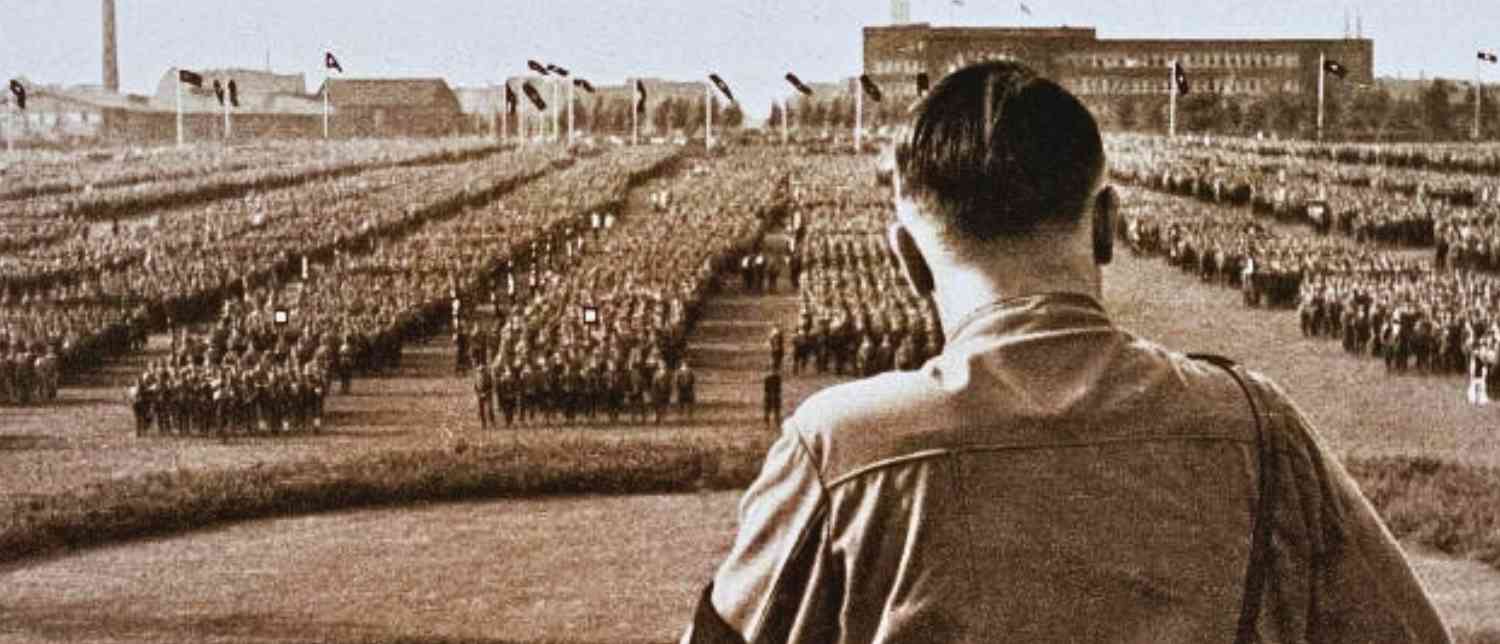The shadow of the Holocaust looms large over any discourse involving the modern state of Israel. The Holocaust, a systematic, state-sponsored genocide executed by Nazi Germany under Adolf Hitler between 1933 and 1945, resulted in the murder of approximately six million European Jews along with millions of other victims. This cataclysmic event, known as the Shoah, was a radicalized culmination of centuries of antisemitism, scapegoating, and discriminatory state policies that ultimately led to the "Final Solution," the organized extermination of Jews in Europe. The horrors of the Holocaust shaped the post-World War II geopolitical landscape profoundly, leading to the establishment of Israel in 1948 as a homeland for Jewish survivors and the global Jewish diaspora.
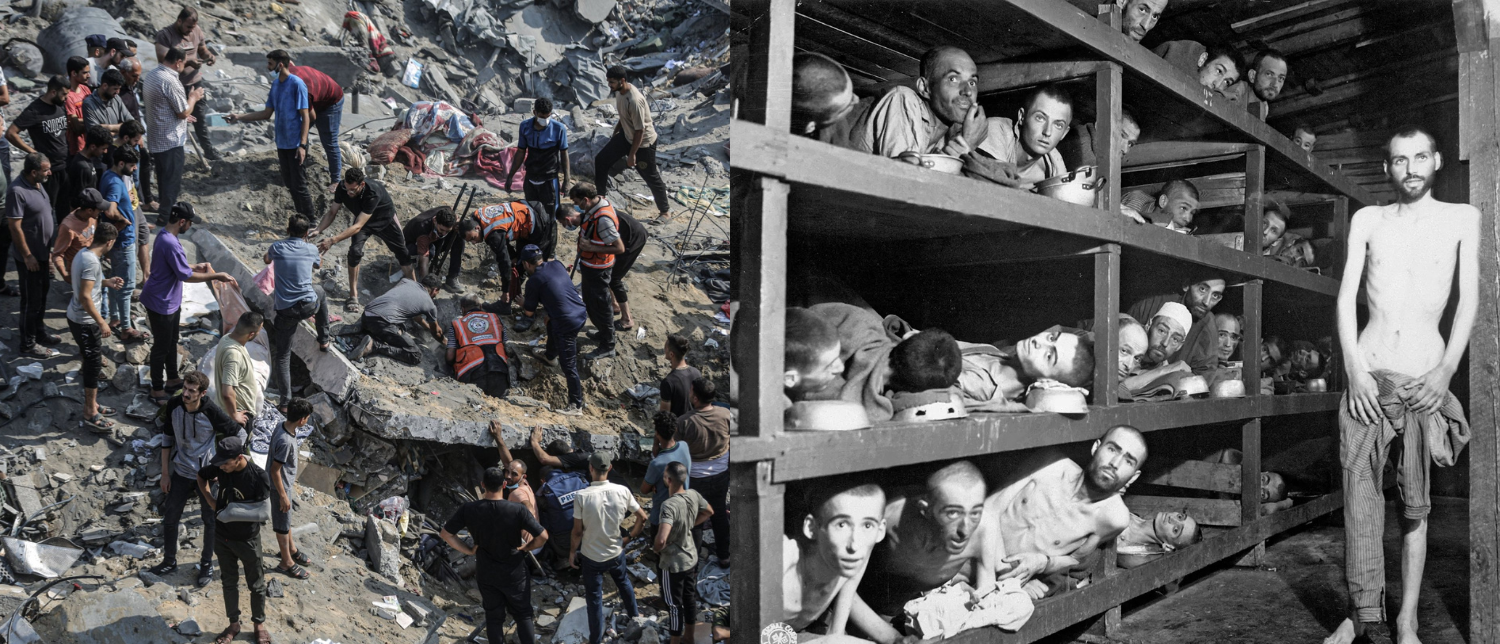
Today, however, the state of Israel finds itself implicated in accusations that echo some of the darkest chapters in 20th-century history — charges of committing acts that some international observers, including recent United Nations inquiries, have described as genocidal against Palestinians in Gaza. This editorial explores these troubling claims within the historical framework of genocide, Jewish history, and the legacy of the Holocaust, while grappling with the uncomfortable question: How does the historical memory of the Holocaust intersect with contemporary allegations against Israel, and what lessons should be drawn if the cycle of violence continues?
The Genocide Allegations Against Israel Today
In September 2025, a UN Independent International Commission of Inquiry concluded in a landmark report that Israel has committed genocide against Palestinians in the Gaza Strip. The report outlines that Israeli authorities and military forces engaged in acts defined under the 1948 Genocide Convention: killing members of the Palestinian group, causing serious bodily and mental harm, deliberately inflicting living conditions aimed at the group's destruction, and preventing births among Palestinians in Gaza. These findings followed investigations into events starting from October 7, 2023, when Hamas militants launched a deadly attack on Israel, killing over a thousand civilians and taking hostages.
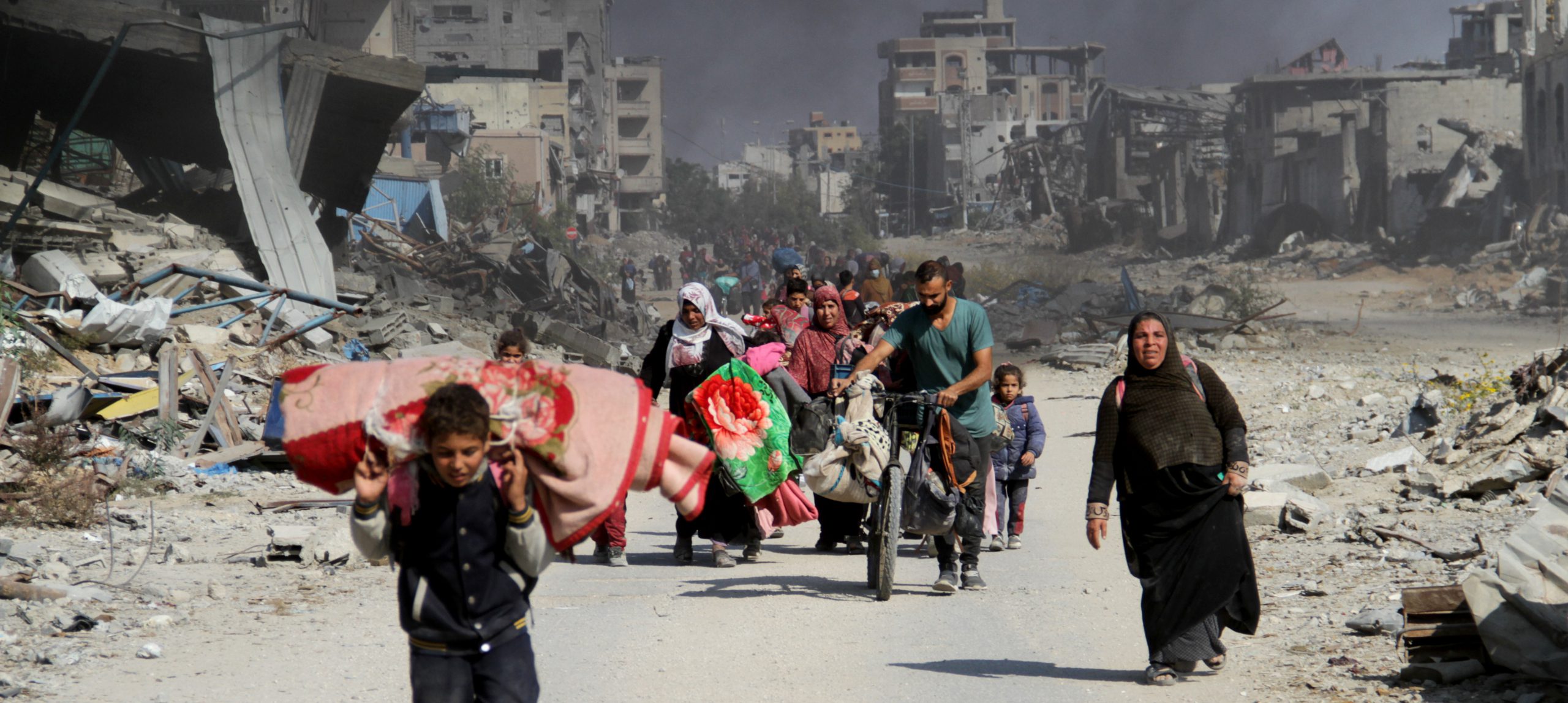
Further, credible reports from multiple human rights organizations, including Amnesty International, B'Tselem, and UN bodies, document widespread human rights abuses and violations by Israeli forces targeting Palestinians. These include unlawful killings, disproportionate military attacks, collective punishment via blockade, restrictions on movement, and destruction of civilian infrastructure—all factors contributing to severe humanitarian crises in Gaza. The blockade of Gaza, ongoing since 2007, has led to widespread poverty, food insecurity, and deteriorating health conditions, fueling international outcry that compares the situation to a deliberate strategy of extermination.
Historical Context: Holocaust and Post-War Israel
The Holocaust's genocide profoundly influenced the birth of Israel, originally conceived as a refuge for Jews after centuries of persecution culminating in Nazi extermination plans. The international community, notably through the 1947 UN Partition Plan, sought to create two states—one Jewish, one Arab—in British Mandate Palestine. The Jewish leadership accepted the plan, declaring independence in 1948, but the plan was immediately rejected by neighboring Arab states, triggering a war that resulted in Israel controlling more territory than initially designated and the displacement of hundreds of thousands of Palestinians, an event Palestinians call the Nakba, or "catastrophe".
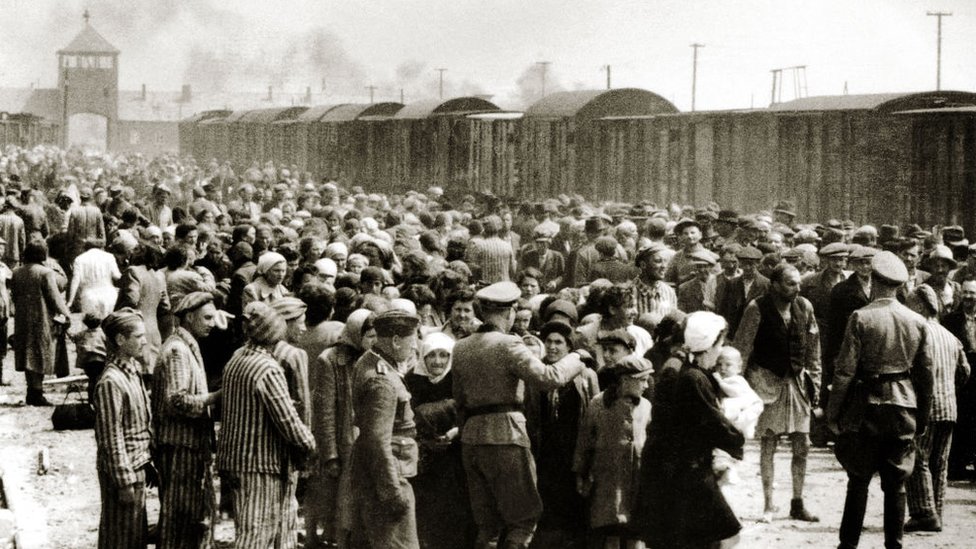
The trauma of the Holocaust shaped Israeli policy and identity, leading to a national ethos of survival amid hostile neighbors. Israeli security doctrine has consistently emphasized deterrence and defense, often resulting in military operations against Palestinian groups and neighboring states perceived as existential threats.
The Question of Moral Equivalence: Was Hitler "Right"?
The notion that "Hitler was right" about Jews is a provocative and deeply flawed premise. Hitler’s antisemitism was rooted in baseless racial hatred and led to one of the most horrific genocides in history. Comparing contemporary Israel to Nazi Germany ignores critical historical differences, context, and motivations. The Holocaust was a state-sponsored, ideologically driven campaign for total extermination, while Israel's actions, though widely condemned for human rights abuses and alleged war crimes, occur in the context of a protracted, complex conflict involving security concerns, territorial disputes, and political dynamics.
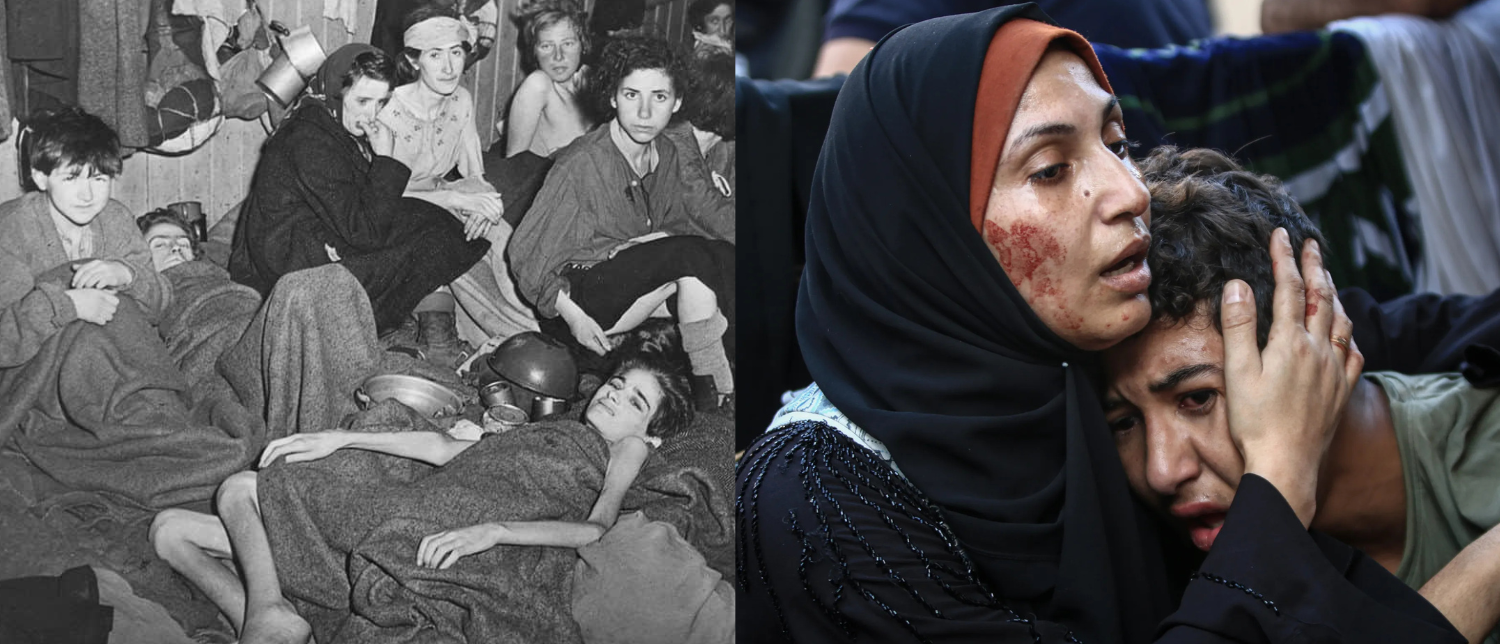
Nevertheless, the UN reports accusing Israel of committing genocide represent an extraordinary indictment. They invite careful examination, not to equate Israel with Nazis but to scrutinize if policies disproportionately targeting Palestinian populations amount to crimes under international law. It underscores the urgent need for accountability and a peaceful resolution to prevent repetition of mass atrocities—not to justify or endorse past genocides.
What If History Had Taken a Different Path?
Conjectures about what might have happened "if Hitler had finished off the Jews" are speculative but worth reflecting upon. The Holocaust's final outcome was total devastation for European Jewry, but the survivors, many displaced and stateless, sought refuge and safety, leading to a collective resolve to establish a Jewish homeland free from persecution.
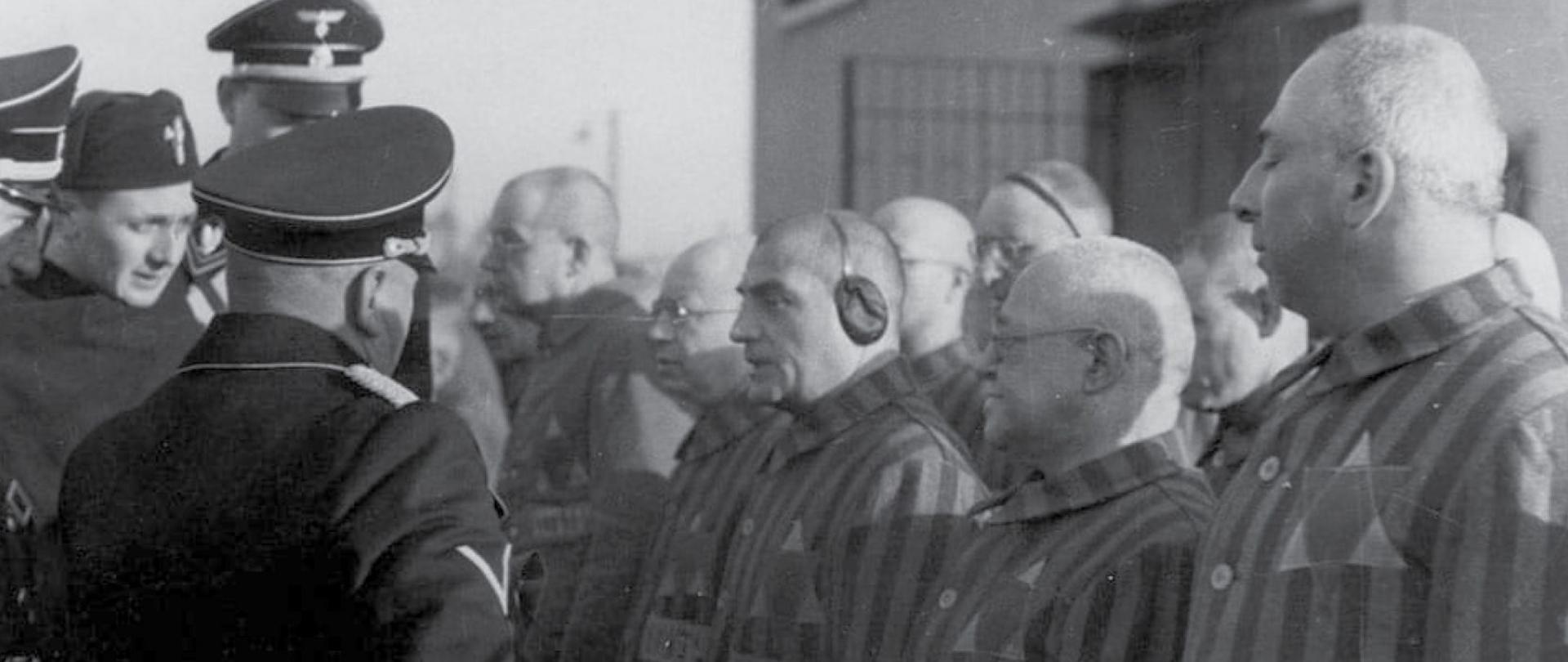
If this historical tragedy had been more complete, the vibrant Israeli society today—boasting technological innovation, democratic governance, and a distinct culture—might never have emerged. While Israel’s existence remains contentious in the Middle East, it was founded on the premise of ensuring Jewish survival and self-determination after unprecedented genocide.
Similarly, peaceful coexistence with Palestinians and neighboring states remains an elusive but critical aspiration, as an Israel without conflict and without territorial disputes theoretically would be less a threat and more a partner for regional stability.
Is Israel a Threat to the World?
Israel’s role in regional geopolitics is complex. It is a militarily powerful state with a strategic alliance with the United States, which has furnished it with immense military aid and diplomatic support since the 1960s. This alliance has often shielded Israel from international criticism while reinforcing its military dominance in the Middle East.
Critics argue that Israel’s occupation policies, settlement expansions, and military campaigns, particularly in Gaza, destabilize the region and threaten peace. Some regional actors and international voices claim Israel’s actions and expansionism pose broader threats to global peace and security due to escalating conflicts and humanitarian crises, as highlighted in recent statements from Turkey and UN bodies.
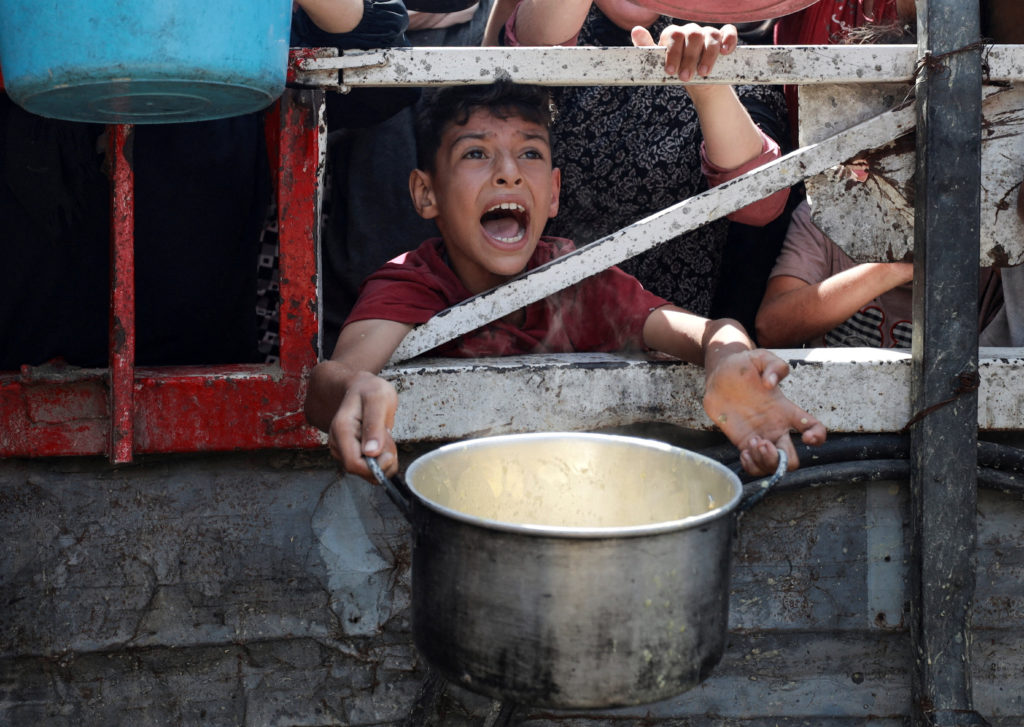
Supporters point to Israel’s defense needs amid hostile neighbors, ongoing terrorism threats, and the strategic necessity of a secure Jewish state in a turbulent region. The concept of Israel as a threat must therefore be contextualized within larger Middle East dynamics, including Iranian proxy conflicts, Hamas militancy, and the prolonged Israeli-Palestinian dispute.
An Urgent Call for Accountability and Peace
The historical canvas involving Israel is riddled with tragedy, trauma, survival, and now troubling accusations of genocide. The parallels to the Holocaust, while emotionally and historically charged, should not blind global observers to the urgent need for legal and humanitarian scrutiny over Israel’s actions in Gaza and the occupied Palestinian territories. It would be dangerously reductive and morally catastrophic to suggest Hitler was ever "right." The Holocaust remains a stark warning against hatred and dehumanization. Conversely, the reports of genocidal acts perpetrated against Palestinians demand a universal response to uphold international law and human dignity, preventing new cycles of suffering.
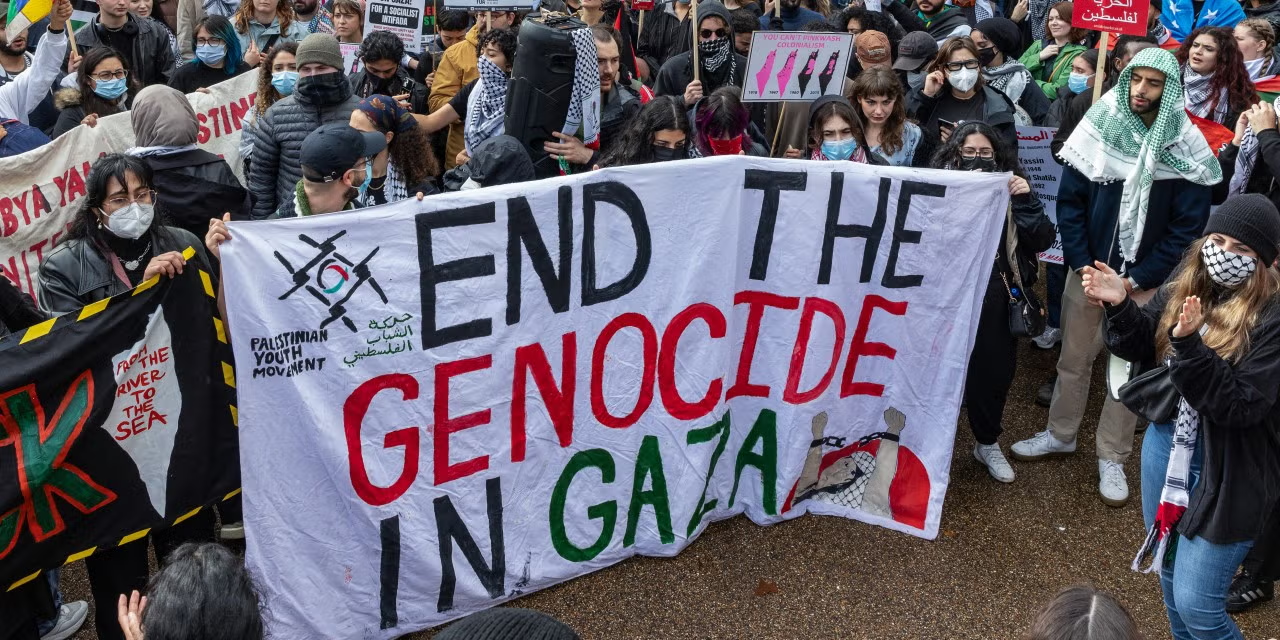
The powerful US-Israel alliance shapes much of this saga’s global dimensions, but it must also carry the responsibility to promote justice, end cycles of violence, and work toward genuine peace and co-existence. The task ahead is for the international community to confront uncomfortable truths, ensure accountability for atrocities wherever committed, and reimagine a region where neither Jews nor Palestinians must live under existential threat or fear. Only then can the painter’s canvas—unfinished by history’s most tragic brushstrokes—hope to be redeemed by peace and justice.
With inputs from agencies
Image Source: Multiple agencies
© Copyright 2025. All Rights Reserved. Powered by Vygr Media.

